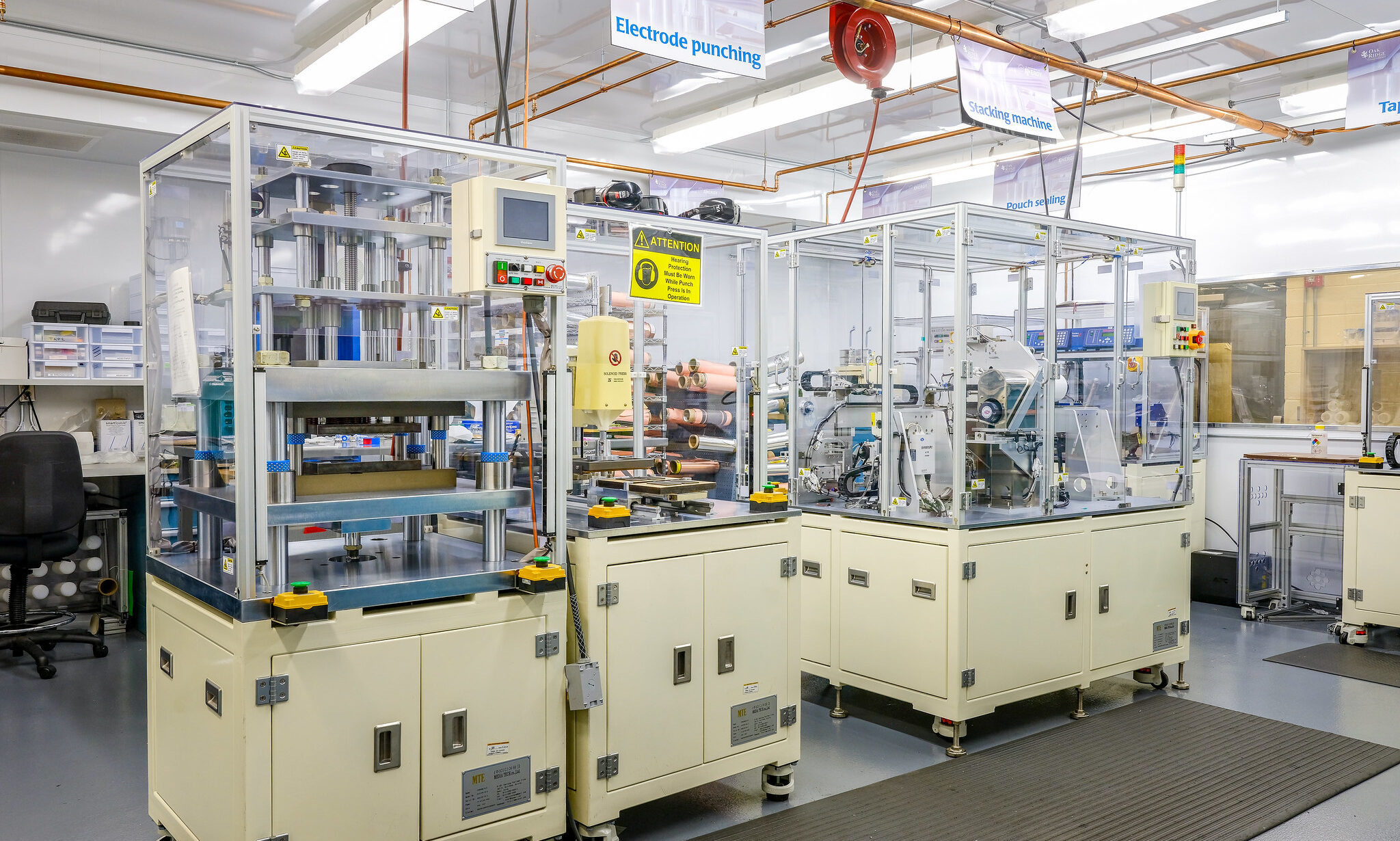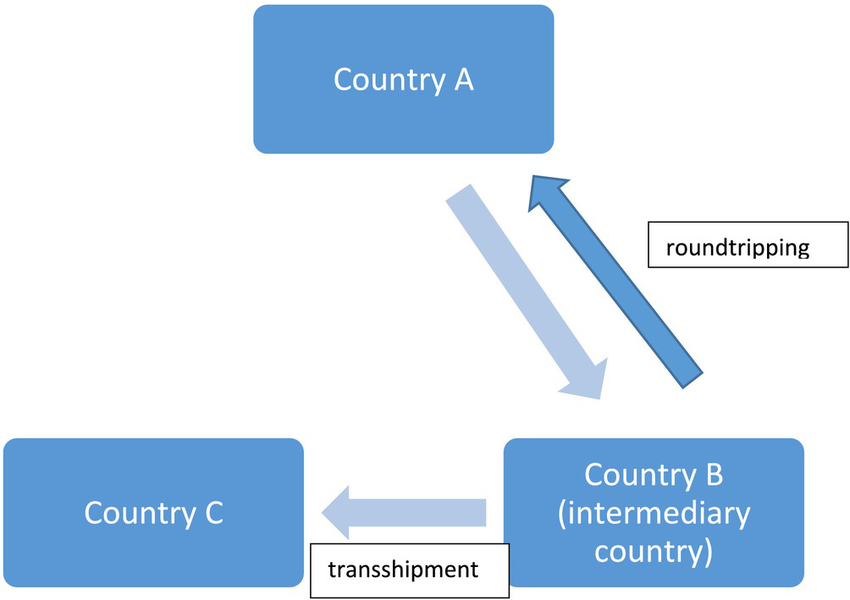The presentation will take place in a hybrid format via zoom interface or in person in the room K11-12 on 10.10.2024, from 13.00.
Speaker: Chris van Klaveren
BIO: Chris van Klaveren holds a Ph.D. in Mathematical Economics from the University of Amsterdam. He is a Professor of Empirical Methodological Innovation at the Department of Clinical Psychology of the Vrije Universiteit Amsterdam. He is director of the Amsterdam Center for Learning (ACLA), Education Lab Netherlands, and previously was a researcher at the World Bank in Washington DC. His current research focuses on the development of innovative methods by combining insights from causal and predictive modeling in social science research.
Title: The impact of intensive coaching for vocational students on long-term socio-economic outcomes. Evidence from a randomized experiment
Abstract: School dropout is an important social and economic problem. A large literature documents the benefits of education, such as higher wages, better health and less crime. However, in many countries, the proportion of students that leave education prematurely remains significant. In this paper, we study the long-term effects of an intensive coaching intervention in vocational education. Students received one- or two years support and guidance regarding their study activities, personal problems and internships in firms. On average, one fulltime coach was assigned to a class of twenty students. A total of 450 students participated in the experiment and were randomly assigned to the coaching program. Van der Steeg, van Elk and Webbink (2015) have reported the short-term effects of this intervention. They found that one year of coaching reduced dropout rates by more than 40%, from 17 to 10 percentage points. In this paper, we investigate the long-term outcomes of this intervention. We combine our experimental data with administrative data to evaluate the programs impact up to twelve years after the intervention on a range of outcomes, such as education, labour market participation, criminal activity, and family formation.







